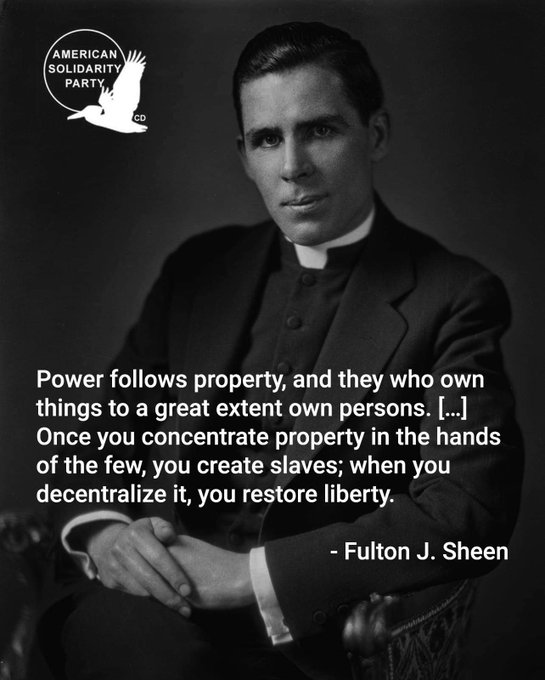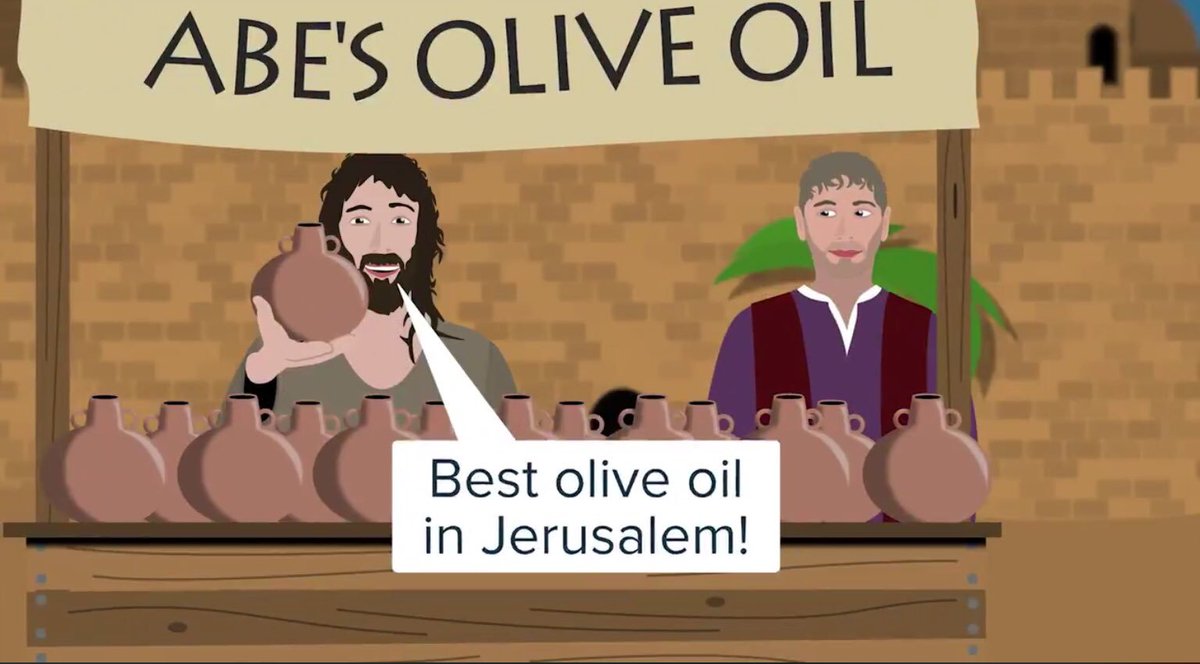
Let's talk about "social justice."
The phrase, that is.
Social justice has always been one of our party's core commitments. Occasionally, however, we hear from people who like our platform but get squirrely about the term.
(Thread)
The phrase, that is.
Social justice has always been one of our party's core commitments. Occasionally, however, we hear from people who like our platform but get squirrely about the term.
(Thread)

(The ASP Polandball is unrelated, we just think it's cute.)
Anyway, some people tend to associate social justice with "cancel culture" or with policy positions like abortion-on-demand that we oppose.
(Abortion is a social justice issue, by the way, just not the way its proponents think it is).
(Abortion is a social justice issue, by the way, just not the way its proponents think it is).
But while it's true that term sometime gets used in ways we don't support, we think the concept is far too important lose.
20-second history lesson: historically, some of the earliest writers to use the term "social justice" were working within the Catholic political tradition (one of the sources of Christian Democracy). Luigi Taparelli sometimes gets credit for coining it. 

So, it's not like nobody had ever heard of social justice until Tumblr came along.
Anyway, the doubters ask, what does the ASP mean when it talks about the "necessity of social justice?"
Anyway, the doubters ask, what does the ASP mean when it talks about the "necessity of social justice?"
On a very basic level, you can think about it as "justice in society" as opposed to justice among individuals of the kind you might go looking for in a court room. Social justice is what we pursue when we think about how to live together in ways that allow everyone to flourish.
Another way to think of social justice is as "primary justice." That is, it's not just about fixing specific injustices but about building and maintaining institutions and social relationships that give everyone their due.
All that is very abstract, of course. We have some other guiding principles that help us to narrow down what it means in practice.
One of them is what is sometimes called "the preferential option for the poor."
One of them is what is sometimes called "the preferential option for the poor."
That's a fancy way of saying that when we consider the impact of public policies, we have a special obligation to consider and prioritize the needs of "the least of these," people are most vulnerable and least able to advance their own interests.
That very often means the poor in an economic sense. It could also mean the disabled, the very old or the very young, the unborn, prisoners, and those suffering any number of forms of unjust discrimination.
Social justice as we understand it doesn't require everyone to be exactly the same or to have exactly the same things. But it does require us to recognize the inherent human dignity that all people share, and to confront inequalities when they disparage that dignity.
So it's not necessarily an injustice that some people have more than others, but it *is* a question of social justice when lots of people have needs that aren't being met and are unable to fully participate in society.
We say "social justice" because it's important to recognize that this is not simply a matter of individual charity, important as that is. It's not just a "nice to have."
When we collectively ensure that people have what they need to live a decent life, we are doing justice.
When we collectively ensure that people have what they need to live a decent life, we are doing justice.
The state is not the only player in that process. One of our other foundational principles is subsidiarity, which means that higher levels of governance exist to serve and support lower levels of social organization (like the family or local communities).
We also believe in sphere sovereignty, an idea that originated on the Protestant side of the Christian Democratic tradition (pictured is Dutch theologian and prime minister Abraham Kuyper, looking especially dapper). 

Basically, that principle holds that different types of organizations like families, churches, unions, businesses, schools, etc., have their purposes and forms of social authority that are equally valid and should be respected.
It's important to understand, though, that neither subsidiarity or sphere sovereignty are the same thing as libertarianism.
Since our responsibilities to our neighbor are a matter of justice, not just charity, sometimes government will be the instrument for fullfilling them.
Since our responsibilities to our neighbor are a matter of justice, not just charity, sometimes government will be the instrument for fullfilling them.
• • •
Missing some Tweet in this thread? You can try to
force a refresh




